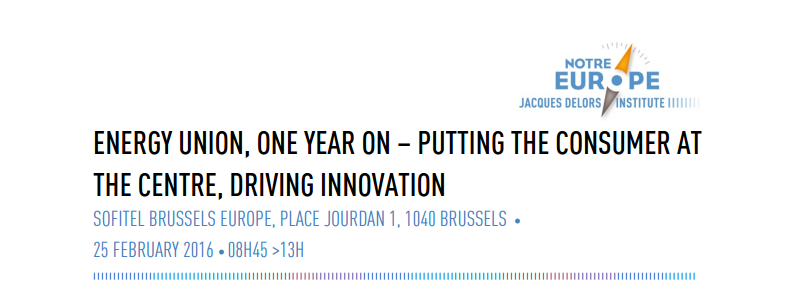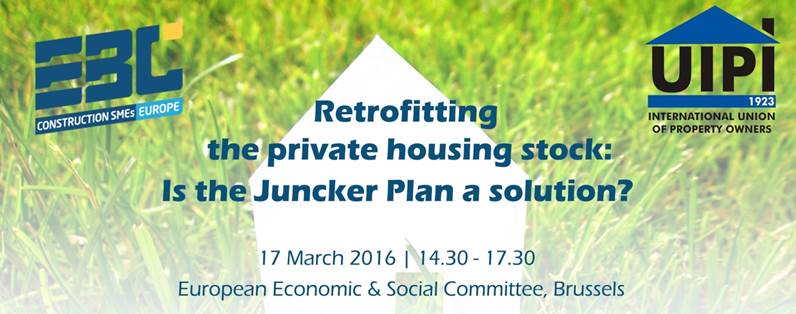

Nuclear risks across borders
Date
Address
Event Type
Organiser type
Section
Event Location
Event Description

Creator: Goya Bauwens.  This image is licensed under Creative Commons License.
This image is licensed under Creative Commons License.
The Belgian nuclear power plants Doel and Tihange are known beyond Belgian borders. In particular Doel 3 and Tihange 2, the two reactors that started operation in the early 80s, have reached a dubious distinction across Europe. The responsible authority, the Federal Agency for Nuclear Control (FANC), shut these two reactors down in 2012 because of serious safety concerns after the operators discovered thousands of flaw indications in the steel walls of the reactor pressure vessels.
Despite the non-conclusive results of the following investigations and tests, both reactors received the green light to be restarted end of 2015. At the same time, the government decided to extend the lifespan for the reactors Doel 1 and 2 until 2025 - supposed end date for Belgian nuclear power usage - without a public consultation or a new environmental impact assessment. Not only in Belgium, but also in neighbouring countries such as the Netherlands and Germany, these decisions were criticised.
Almost 5, respectively 30, years after the Fukushima and Chernobyl nuclear catastrophes, this breakfast debate aims at shedding a light at the current situation in Belgium after the repeated shutdown of nuclear power plants, as well as discussing the Belgian nuclear policy with Dutch and German neighbours who are equally concerned.
Date Thursday, 3 March 2016, 08:00 - 10:00 a.m.
Venue Representation of North Rhine-Westphalia (NRW)
Rue Montoyer 47
Brussels
Speakers (conference language English)
- Simone Peter, Co-Chair, Alliance '90/The Greens, Germany
- Jean-François Lerouge, Cabinet of Marie-Christine Marghem, Minister for Energy, Environment and Sustainable Development Belgium (tbc)
- Peter Knitsch, Secretary of State, Ministry for Climate Protection, Environment, Agriculture, Conservation and Consumer Protection of the State of North Rhine-Westphalia (MKULNV)
- Gerdo van Grootheest, Deputy Mayor of Maastricht (tbc)
- Peer de Rijck, WISE Netherlands
Programme, Thursday 3 March 2016
8:00 Arrival and registration, coffee and breakfast
8:30 Welcome (Rainer Steffens, Director NRW Representation; Klaus Linsenmeier, Director hbs EU Office)
8:35 Introduction (Moderator, Kathrin Glastra, Director European Energy Transition, hbs EU Office)
8:45 Interventions from panellists
9:15 Debate with the audience
10:00 End of debate
Please register by email to kathrin.glastra@eu.boell.org before 1st March 2016. No attendance without confirmed registration.
Related Events

WORKSHOP

Building namely on a policy proposal made by the Jacques Delors Institute, the European Commission tabled its ‘Energy Union Strategy’ on February 25th 2015.

The American Chamber of Commerce to the European Union (AmCham EU)
is pleased to invite you to the launch of a new study
When: Thurs. 14 January, 10.30
Where: European Parliament press room, PHS building Room 0A50

Elisabetta Gardini MEP (IT, EPP) and GasNaturally will host a discussion on the complementarity of gas and renewables.
Hosted by Repsol, This half-day event will focus on the long-term future of Europe’s energy policy paying special attention to resource access and competitiveness. Is the EU ready to face increasingly pressing energy challenges coming up in the next few decades?
On 24th June, European Plastics Converters and PlasticsEurope will hold the conference “EU Investing in its future – Plastics construction solutions”.
The SESEC Conference in Brussels will give an insight on the next policy developments on Energy Efficiency, the energy cost evolutions and ready-to-use project results for the textile and clothing industry.
On 10-11 September, come and find out how electricity utilities today are reshaping our energy system for tomorrow: making it cleaner, more innovative and closer to customers.
PlasticsEurope will host a high level information day on Life Cycle Assessment (LCA) & Product Environmental Footprint (PEF), as part of the European Commission’s Energy Days organised across Europe during the EU Sustainable Energy Week (23-27 June).
We all know power technologies receive public money. But which technologies get how much, and why, has always been difficult to find out. Just how much do we know? What is the real impact of our choice of energy source on the taxpayer’s wallet?
The European institutions recently adopted the so-called Energy Infrastructure Regulation (“EIR”).
----------- UPDATE: CHANGE OF START TIME --------------
Dear correspondents,
Members of the European Parliament, renewable industry associations and specialized lawyers will give their insight on the new RES objectives for 2030, the future of support schemes for renewable energies in Europe and regulatory risk for investments in RES power plants.
On 9 August 2013 the most populous US-state California with more than 37 million inhabitants stroke a new record: more than 27% of consumed electricity was generated by renewable energy sources.

























